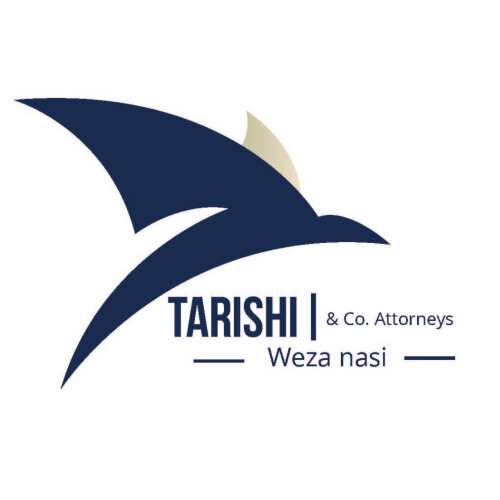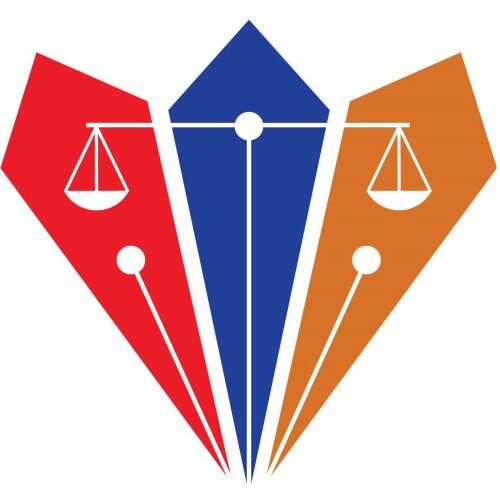Best Oil, Gas & Energy Lawyers in Dar es Salaam
Share your needs with us, get contacted by law firms.
Free. Takes 2 min.
List of the best lawyers in Dar es Salaam, Tanzania
About Oil, Gas & Energy Law in Dar es Salaam, Tanzania
Oil, Gas & Energy Law in Dar es Salaam, Tanzania revolves around the exploitation, use, and management of significant resources. These regulations guard various aspects such as investment, exploration, extraction, distribution, and environmental impact. The sector has gained importance after the discovery of huge offshore natural gas resources. It is heavily regulated by the Tanzanian government, with the Ministry of Energy and Minerals being the primary regulatory body.
Why You May Need a Lawyer
Tanzania's energy sector is subject to complex regulatory frameworks, including local and national laws, as well as international treaties and conventions. A lawyer can offer guidance through licensing processes, regulatory adherence, negotiation of contracts and agreements, and resolution of legal disputes. Legal assistance may also be required for understanding and complying with environmental and safety regulations, addressing labour issues, and facilitating transactions.
Local Laws Overview
Tanzania has a detailed legislative framework for its oil, gas, and energy sector. Key laws include the Petroleum Act of 2015, which regulates upstream, midstream, and downstream petroleum activities, and the Energy and Water Utilities Regulatory Authority Act of 2001. The laws cover aspects like licensing, commercial agreements, environmental protection, taxation, and royalties. Realising the calamitous consequences of the corruption in the sector, Tanzania also has in place the Extractive Industries Transparency and Accountability Act of 2015.
Frequently Asked Questions
What are the key regulatory bodies in Tanzania's Oil and Gas sector?
The Ministry of Energy and Minerals, Tanzania Petroleum Development Corporation (TPDC), and the Energy and Water Utilities Regulatory Authority (EWURA) are the main regulatory bodies.
What is the significance of the Petroleum Act of 2015?
The Petroleum Act provides the legal framework for the regulation of upstream, midstream, and downstream activities in Tanzania's oil and gas sector.
What taxes apply to Tanzania's Oil and Gas sector?
Tanzania's oil and energy sector is subject to various forms of taxation, including income tax, value-added tax, import duties, and royalties.
What rights do foreign investors have?
Foreign investors enjoy certain protections under Tanzanian law, including fair and equitable treatment, protection from expropriation, and the possibility of international arbitration in case of disputes.
What are the environmental regulations for Tanzania's oil and gas sector?
The regulations include conducting Environmental Impact Assessments (EIA) before commencing operations and implementing environmental management plans to mitigate negative impacts.
Additional Resources
Relevant bodies include the Ministry of Energy and Tanzania Petroleum Development Corporation. International resources include the Extractive Industries Transparency Initiative (EITI) and international law firms specializing in oil and gas law. Also, laws and regulations related to oil, gas, and energy are available online on Tanzania's government website.
Next Steps
If you require legal advice or assistance in the Oil, Gas, & Energy Law in Dar es Salaam, Tanzania, consider contacting a law firm specializing in this field. They will have the experience, understanding of local regulations, and connections to navigate through legal processes and resolve any related issues efficiently. Prioritize familiarizing yourself with the basics of the oil and gas regulations and understand your requirements clearly before proceeding.
Lawzana helps you find the best lawyers and law firms in Dar es Salaam through a curated and pre-screened list of qualified legal professionals. Our platform offers rankings and detailed profiles of attorneys and law firms, allowing you to compare based on practice areas, including Oil, Gas & Energy, experience, and client feedback.
Each profile includes a description of the firm's areas of practice, client reviews, team members and partners, year of establishment, spoken languages, office locations, contact information, social media presence, and any published articles or resources. Most firms on our platform speak English and are experienced in both local and international legal matters.
Get a quote from top-rated law firms in Dar es Salaam, Tanzania — quickly, securely, and without unnecessary hassle.
Disclaimer:
The information provided on this page is for general informational purposes only and does not constitute legal advice. While we strive to ensure the accuracy and relevance of the content, legal information may change over time, and interpretations of the law can vary. You should always consult with a qualified legal professional for advice specific to your situation.
We disclaim all liability for actions taken or not taken based on the content of this page. If you believe any information is incorrect or outdated, please contact us, and we will review and update it where appropriate.













